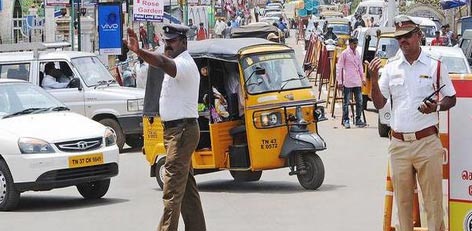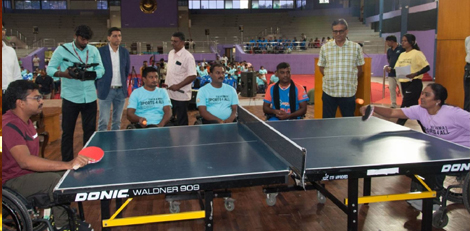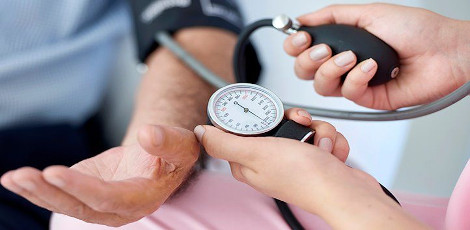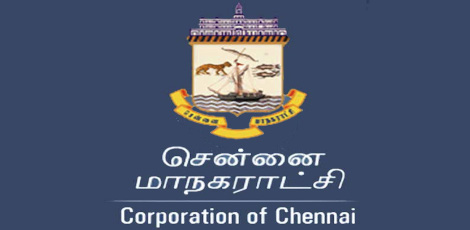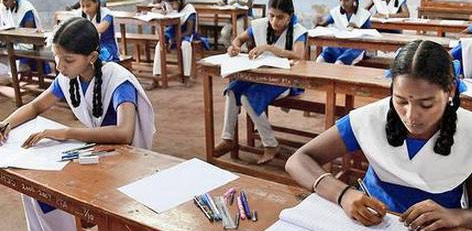Columbia Asia Yeshwanthpur witnesses a rare case of three generation cancer survivors
Posted on: 07/Feb/2018 3:42:37 PM

Self-pity and blaming luck is easier to succumb to when faced with a crisis like cancer. Lots of Women get into the trauma and accept it as the `end of life`. A few women who have a strong urge to survive this deadly disease with lots of positivity do not give up. The fatality of the disease is too small to diminish their love for life. They demonstrate extraordinary courage, proving everything is possible to win the fight against cancer with awareness and right care. To most people, cancer is a killer. The biggest weapon against cancer is information. If you are well informed, half the battle is won right there.
Leela (name changed), a middle aged woman came to Columbia Asia Referral Hospital Yeshwanthpur with a lump in her breast. Clinical examination and basic ultrasound report diagnosed it as breast cancer at the second stage. She was devastated as the news broke upon her and toppled her world upside down. However, she was very lucky to have the strong support of her daughter and her mother, assisting her during these tough times. Dr. Neelesh Reddy, treating on her advised her to start the treatment immediately. Breast cancer if diagnosed at an early stage, there is good chance of a cure. He began the first test after physical evaluation with an X-ray of the breast known as mammography. This was followed by biopsy and few imaging tests, on confirmation from the diagnosis and confirmation from the results that it was indeed Breast cancer, doctor Neelesh Reddy decided to go for a surgical removal of the affected breast (Mastectomy) followed by Radiotherapy treatment which uses high energy beams of radiation focused on cancerous tissue to kill cancer cells or stop them from multiplying. This was followed by Chemotherapy the most crucial part for treatment of cancer by using anti-cancer drugs to kill cancer cells and stop them from further multiplication. When chemotherapy is used after surgery it is known as `adjuvant chemotherapy�.
Hard Times
Leela was happy to be cured of the deadly disease only to notice a couple of years her daughter Smitha (name Changed) was diagnosed with ovarian cancer at the 3rd stage. She was admitted to Columbia Asia Referral Hospital, Yeshwanthpur. Dr. Neelesh Reddy noticed that this was a much more serious case In Stage III ovarian cancer; the cancer cells had spread to pelvis tissues outside the regional lymph nodes in the back of the abdomen (retroperitoneal lymph nodes).
Cancer cells may be found on the outside of the liver. She underwent hysterectomy and bilateral salpingo-oophorectomy (removal of both ovaries and fallopian tubes), removal of maximum of the tumour as possible, and sampling of lymph nodes and other tissues in the pelvis and abdomen that are suspected of harbouring cancer. After surgery, the patient was advised to receive chemotherapy possibly followed by additional surgery to find and remove any remaining cancer. Chemo was recommended, upto 6 cycles of treatment.
Today, she is leading a normal life like anyone of us. Chemotherapy was difficult as she developed several side effects including nausea vomiting, diarrhoea, fever, hair loss etc. Family support and the dietician created food plans that that helped her cope up better during chemotherapy treatment. Today all her side effects of chemotherapy have resolved and her disease remains in remission.
A period of trial and tribulation
Recently Leela�s 70 -year old mother met Dr. Neelesh Reddy with breast cancer at the fourth stage. She was too frail and most of the body immunity was exhausted. Dr. Neelesh Reddy suggested for systemic therapy which included hormone therapy and targeted therapy. This works with most women with stage IV breast cancer, systemic (drug) therapies are the main treatments like Hormone therapy as it reaches cancer cells almost anywhere in the body and not just in the breast. It`s recommended for women with hormone receptor-positive (ER-positive and/or PR-positive) breast cancers, and it does not help women whose tumours are hormone receptor-negative (both ER- and PR-negative).Treatment often continues until the cancer starts growing again or until side effects become unacceptable. If this happens, other drugs might be tried.
It had been a year-long battle for her now, keeping in mind her age and stage she may have to be on a few more years of hormonal therapy breast cancers as recommended. The support of the daughter and granddaughter has kept her positive and strong willed to fight the cancer and get back to her family to rejoice.
Staying together during the hard times often brings the family closer.


